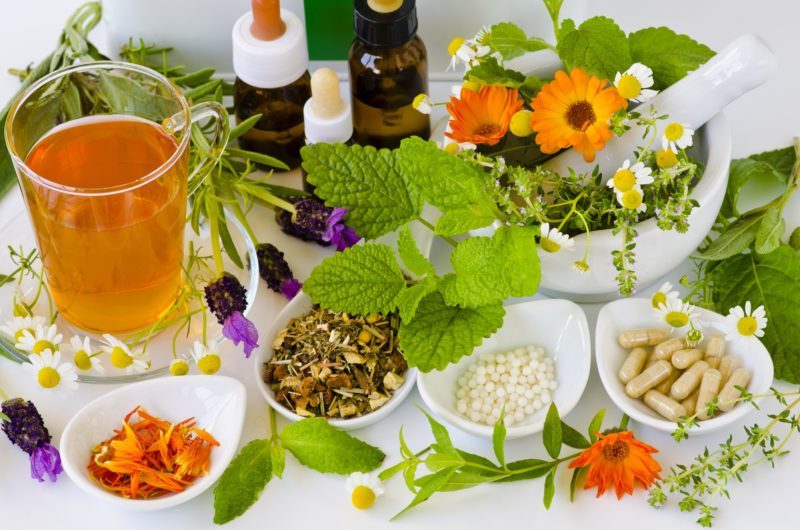The article highlights the latest climate data and explores new research findings related to its effects on plants in Arctic, alpine, rainforest, and island ecosystems, among others. Increasing temperatures, the release notes, are causing changes in secondary metabolite concentrations; disrupting plant lifecycles and native ranges; and threatening vulnerable populations on a global scale. These negative effects are compounded by existing pressures on medicinal plants, including overharvesting and habitat destruction.
Related: ABC 2018 Herb Market Report Shows 9.4% Increase in Sales 7 Highlights from the Sustainable Food Summit ABC Publishes Botanical Adulterants Prevention Bulletin on Oregano
The 16-page article includes 52 references, color photos, and interviews with eight sources, many of whom were quoted inHerbalGram’slast comprehensive feature article on climate change and medicinal plants in 2009.Another extensive feature in the issue reports on in situ cultivation and maintenance of non-timber woodland crops, known as forest farming, in eastern North America. The sustainability of popular wild-harvested Appalachian herbs such as black cohosh, American ginseng, and goldenseal has become a significant concern in recent years, and responsible forest farming practices may benefit parties at both ends of the supply chain by ensuring fair prices for harvesters and farmers and appealing to consumers who increasingly are seeking out ecofriendly products.
The issue also includes: A guest editorial by medicinal plant conservation expert Josef Brinckmann, a research review on organic cacao agroforestry in Ghana, and an overview of a project dedicated to the sustainable harvesting of Schisandra in China, among other articles.
Issue 124 ofHerbalGramis freely available onABC’s website.










